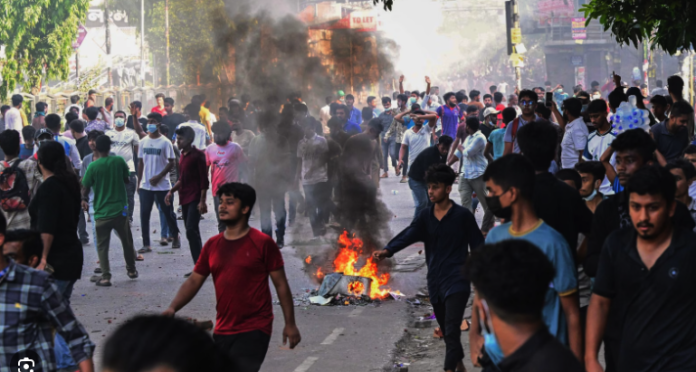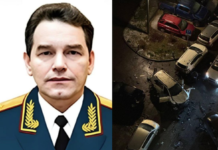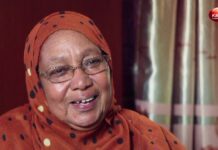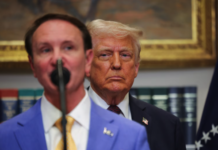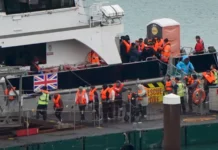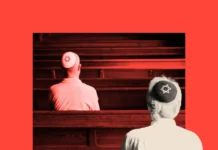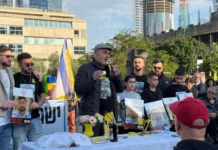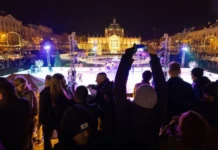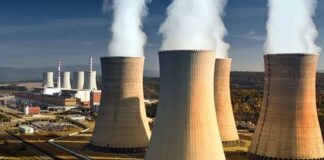Bangladesh is under a high-security alert as violent clashes between students and police escalated. Dhaka, the capital, faces a near-total internet blackout, with phone lines also down.
On Thursday evening, thousands of protestors stormed the state broadcaster BTV, vandalizing furniture, smashing windows, and setting parts of the building on fire. The information minister told the BBC that broadcasts were stopped and most employees evacuated.
A post on BTV’s Facebook page warned that “many” were trapped inside and appealed for fire service assistance. A senior BTV journalist, speaking anonymously, told the BBC, “The situation was so bad we didn’t have any other option but to leave. Some colleagues were trapped inside. I don’t know what happened to them.”
Prime Minister Sheikh Hasina appeared on TV Wednesday night, appealing for calm after days of protests that left at least 19 dead and hundreds injured. Students demand an end to a system reserving a third of public sector jobs for relatives of 1971 war veterans, calling it discriminatory and advocating for merit-based recruitment.
The government, trying to quell the protests, switched off mobile internet Thursday, leading to the deadliest day yet. AFP reported 32 deaths, while the BBC’s Bengali service confirmed 19, including a Dhaka Times journalist.
Protest organizers rejected government offers of talks, with Nahid Iqbal, an anti-quota protest leader, stating, “The government has killed so many people in a day that we cannot join any discussions.”
Students creating human blockades faced tear gas and rubber bullets. Protesters who stormed BTV had earlier torched a police station, according to a network official. BBC Bengali reported medical students taking shelter after attacks by pro-ruling party groups. Sumi, a protester, said, “Our protest is peaceful, but the attacks made me feel like we were going to be killed.”









